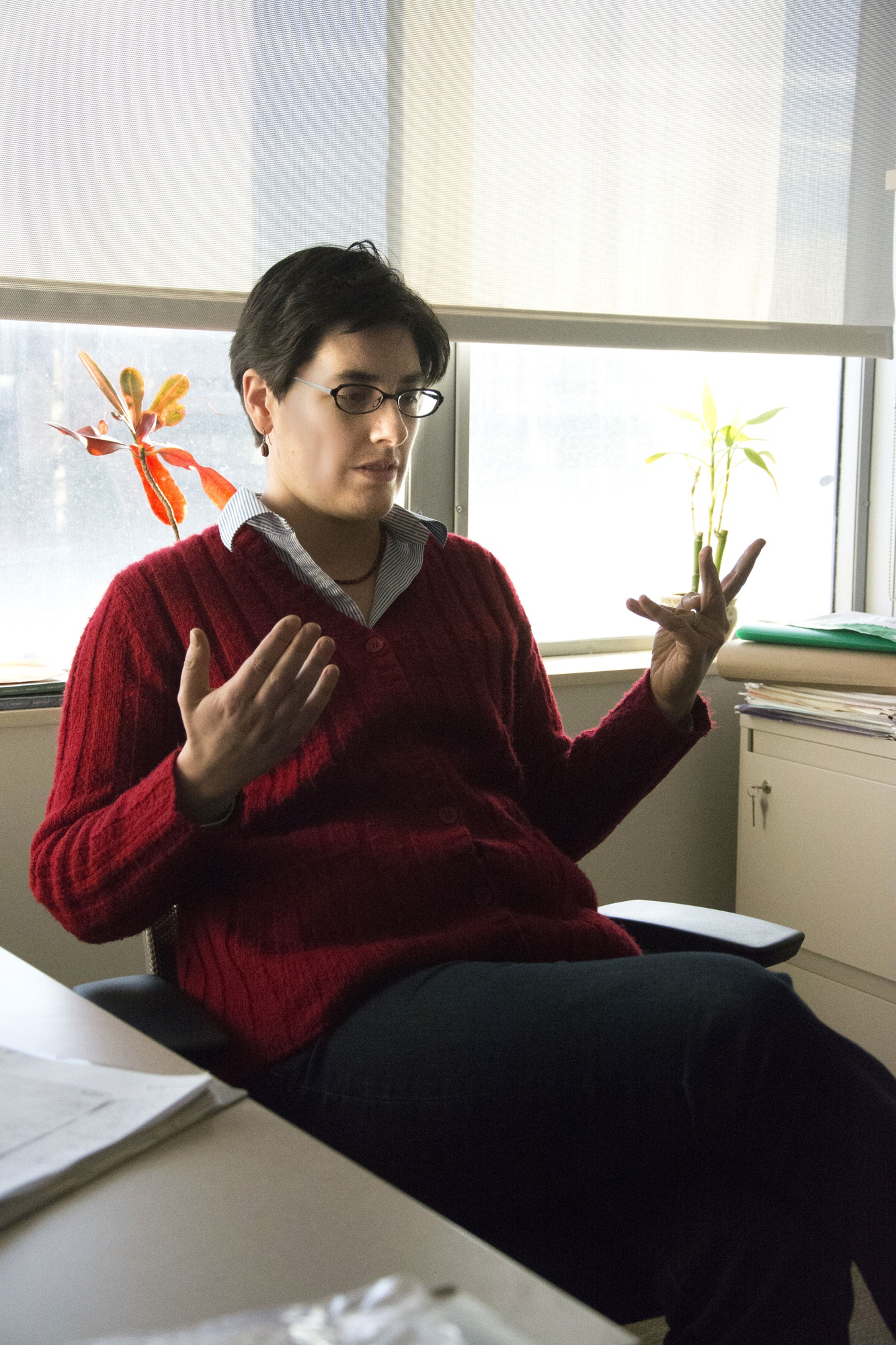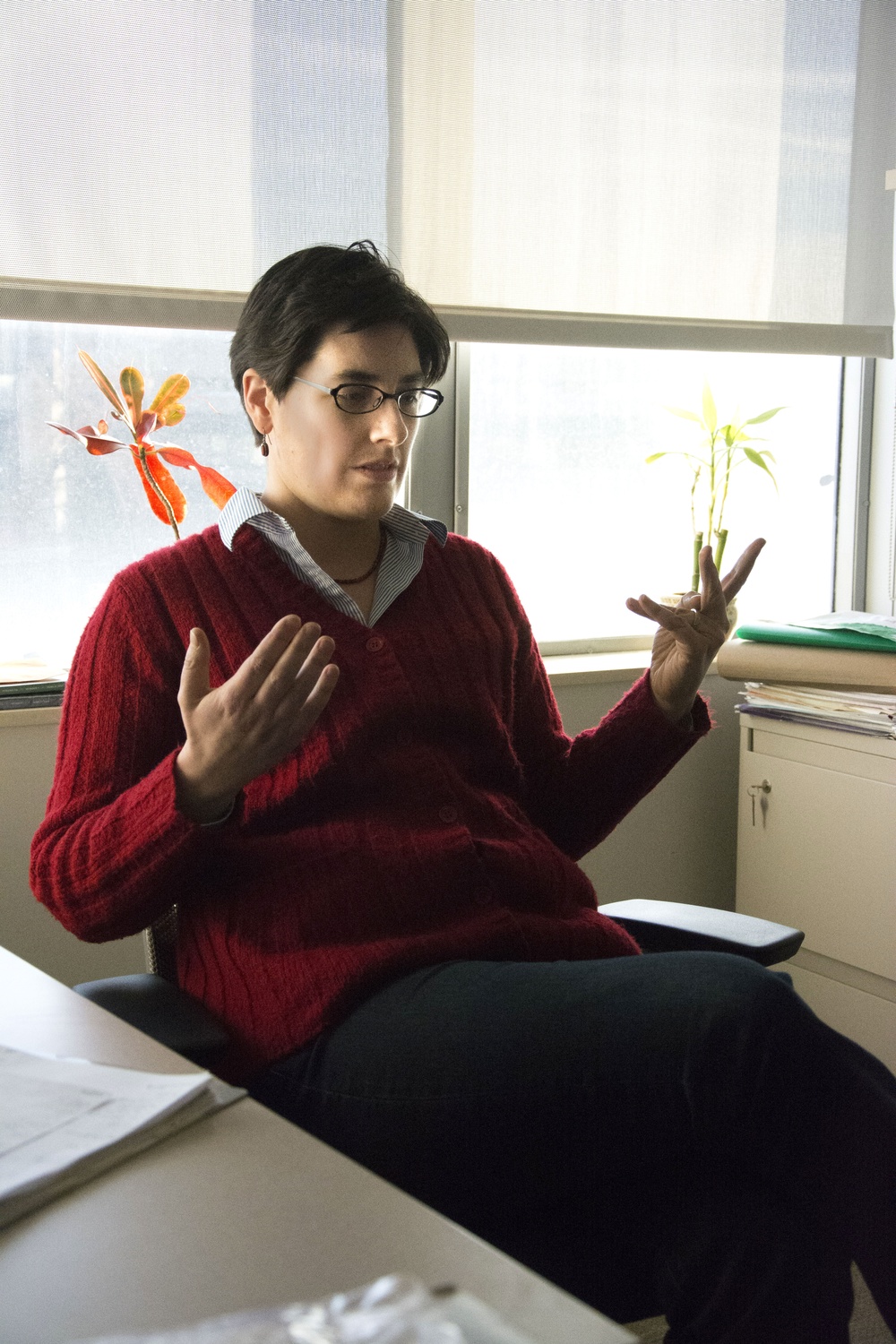
News
Summers Will Not Finish Semester of Teaching as Harvard Investigates Epstein Ties

News
Harvard College Students Report Favoring Divestment from Israel in HUA Survey

News
‘He Should Resign’: Harvard Undergrads Take Hard Line Against Summers Over Epstein Scandal

News
Harvard To Launch New Investigation Into Epstein’s Ties to Summers, Other University Affiliates

News
Harvard Students To Vote on Divestment From Israel in Inaugural HUA Election Survey
Northeastern Adjunct Faculty Union Reaches Settlement

Adjunct faculty at Northeastern University reached a tentative settlement in their contract negotiations last Thursday, their first since deciding to unionize in April 2014.
While Peter R. Fraunholtz, an adjunct faculty member on the bargaining committee at Northeastern, said he believes the agreement will have an impact on other Boston-area universities—describing the agreement as a “pebble in the pond”—it is not clear what effect it will have on Harvard’s non-ladder faculty members. At Harvard, non-ladder faculty members are a diverse group of teachers and researchers, with different titles and roles across the University’s schools.
Alison D. Jones, a lecturer in Harvard’s Sociology department, said she is skeptical these recent developments will have any bearing on the status of Harvard’s non-ladder faculty—which currently is not represented by a union—even as the issue has gained increased attention. A group of graduate students began an effort to unionize last April.

“I’m not too optimistic about things happening here, but there's more momentum than there has been in the past,” Jones said. “Part of the reason for that, as I understand, is that the graduate students have been making some strides and there is sort of a sense that there is kind of a momentum there that maybe adjuncts can take advantage of.”
Contract negotiations had been underway at Northeastern since September 2014. Reached just days before the adjunct faculty union threatened a walkout, the three-year contract includes increased pay, improved course stability, and greater involvement for adjunct faculty in campus decision-making.
“Our goal was to improve the pay for the adjunct professors that were getting paid the least, and we accomplished that,” Fraunholtz said. “They are going to get almost double over the next three years, and so we are very pleased with that outcome.”
Northeastern is among the first universities in Greater Boston—along with Tufts and Lesley—where adjunct faculty have collectively bargained with administrators.
Harvard Union of Clerical and Technical Workers Director Bill Jaeger said that he “has not heard” of any unionization efforts by non-ladder faculty members at Harvard, who are not represented by HUCTW.
Jones said the lack of a concerted unionization effort could partly be due to generous compensation packages Harvard offers non-ladder faculty.
The majority of non-ladder faculty at Harvard, unlike at some peer institutions, receive benefits, even for teaching a single course on campus for a year, according to Faculty of Arts and Sciences Dean Michael D. Smith.
Harvard is also unique for the time limit it imposes on some non-ladder faculty members. Some non-ladder faculty cannot remain in the same position for more than three years, according to Jones. She said this time limit prevents a growing interest in unionization among faculty members.
“At Harvard, because of this limit, you aren’t around long enough in some of these cases to care enough,” Jones said.
—Staff writer Brandon J. Dixon can be reached at brandon.dixon@thecrimson.com . Follow him on Twitter @BrandonJoDixon.
Want to keep up with breaking news? Subscribe to our email newsletter.
